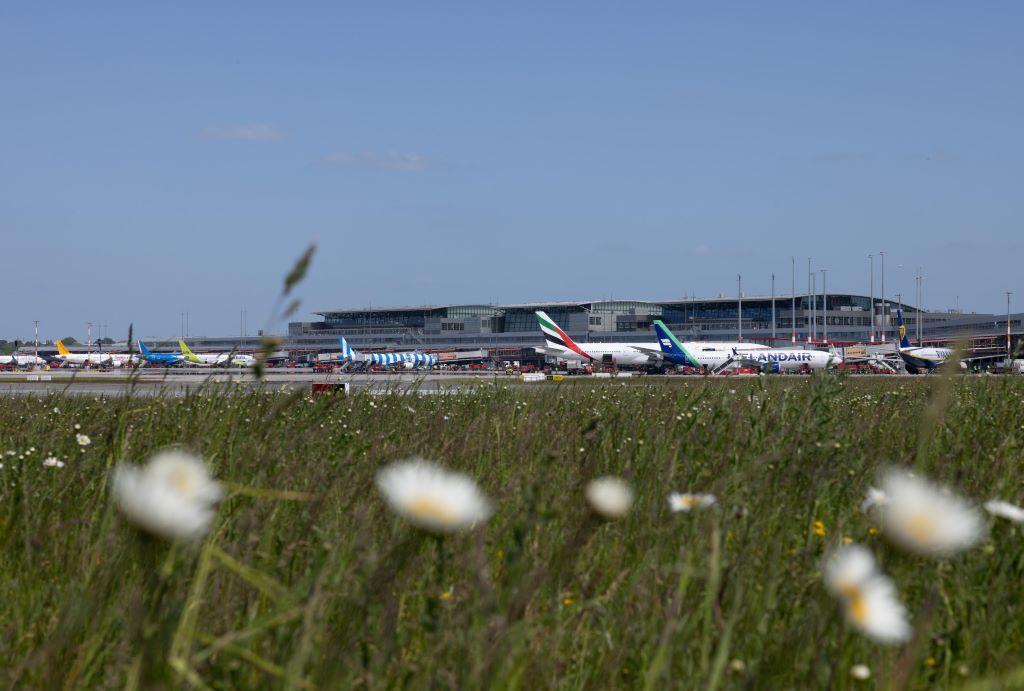
Hamburg leads Baltic hydrogen flight network initiative
The European Union (EU) is investing in Germany’s Hamburg Airport’s (HAM) initiative—the Baltic Sea Region Hydrogen Air Transport Project—to define requirements for a regional hydrogen flight network in the Baltic Sea Region. The three-year project is planned to culminate in a flight demonstration from HAM. The project has a budget of €4.8 million ($5.4 million), about 80% of which is expected to come from the EU’s interregional cooperation program (Interreg Europe). It involves 16 other partners and 24 organizations, including airport operators in Estonia, Finland, Latvia, Lithuania and Sweden. In Germany, Lubeck and Sylt Airports are involved, along with regional airline Lubeck Air and charter operator Sylt Air.
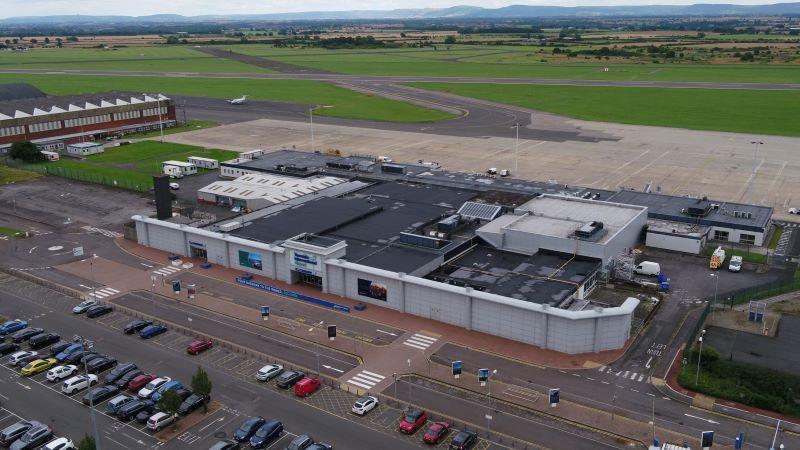
SAF plant to be built near UK’s Teesside airport
Commercial aircraft engine lessor Willis Lease Finance Corp. plans to develop a power-to-liquid sustainable aviation fuel plant in northeast England. The plant would be established close to Teesside International Airport in Darlington, where the company has an aircraft services business.
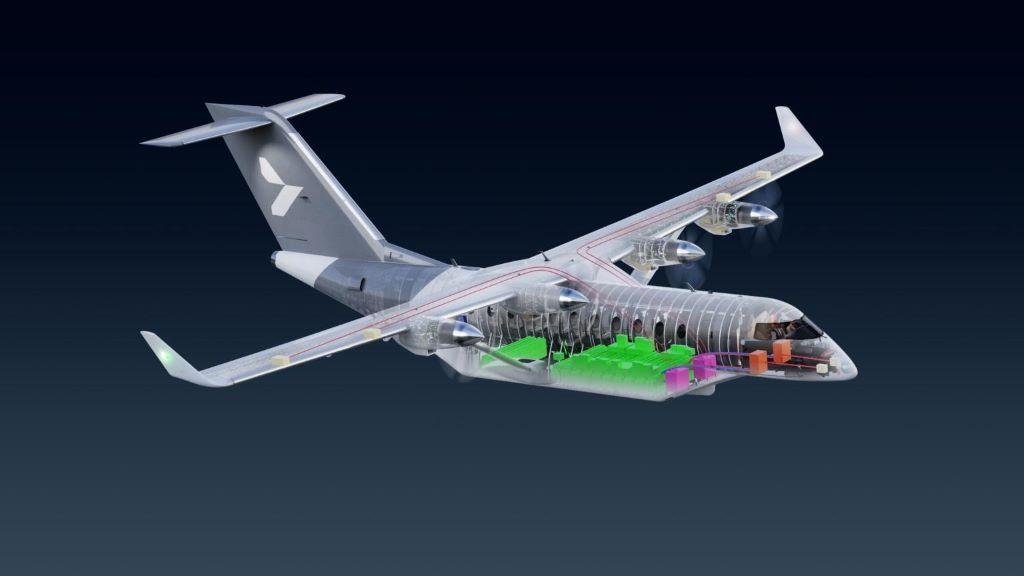
Crane Aerospace joins Heart’s ES-30 supplier team
Crane Aerospace & Electronics is to collaborate with Heart Aerospace to define the power distribution system for the Swedish startup’s planned ES-30 electric regional airliner. Crane has joined the joint definition phase to develop the requirements for integration of its high-voltage power conversion and low-voltage distribution and control system into the 30-seat ES-30. The regional airliner is planned to fly in 2026 and enter service in 2028.
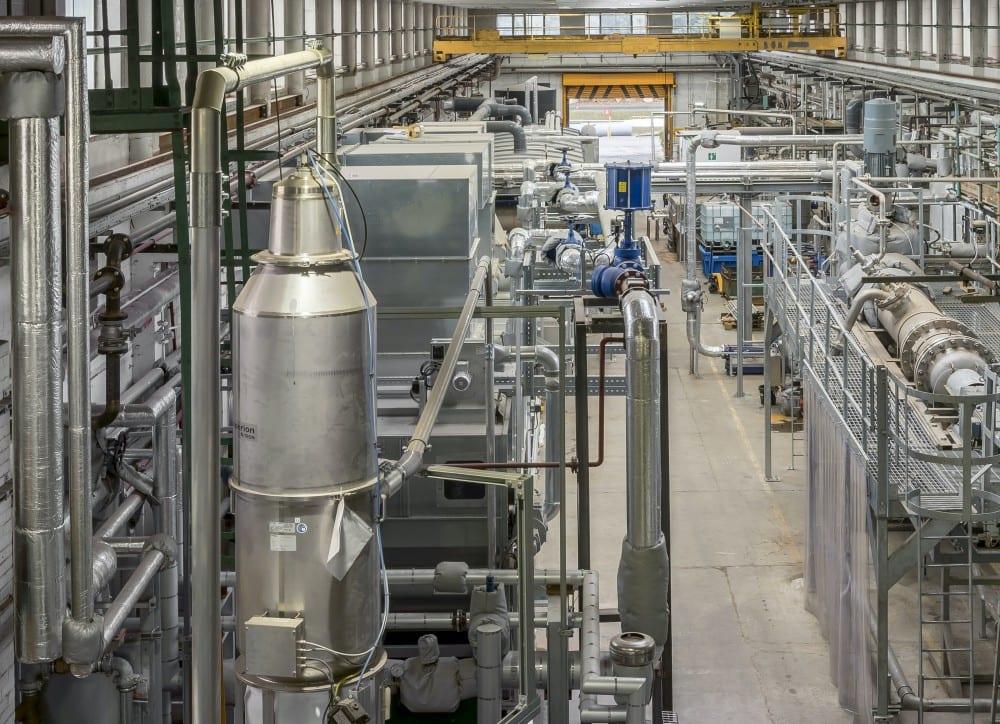
IAG invests in UK SAF startup
International Airlines Group (IAG) made a “significant” but undisclosed investment in Nova Pangea Technologies, which plans to build a plant in the UK to convert agricultural waste and wood residues into bioethanol for processing into SAF. The investment will support construction of the NovaOne waste-to-fuel plant on Teesside in northeast England and is in addition to IAG’s $865 million in commitments to SAF. It is planned to be operational by 2025.
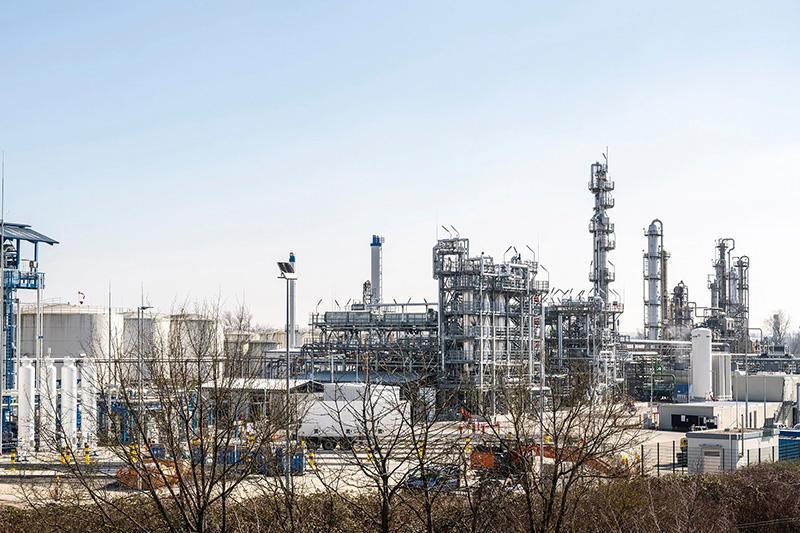
Lufthansa, HCS Group partner on SAF production
Lufthansa Group signed an agreement with hydrocarbons supplier HCS Group for SAF produced within Germany. Situated near the airline’s Frankfurt hub, the manufacturing site operated by HCS Group’s Haltermann Carless brand in Speyer, Germany, will produce SAF from waste biomass generated by the agriculture and forestry sector from early 2026.
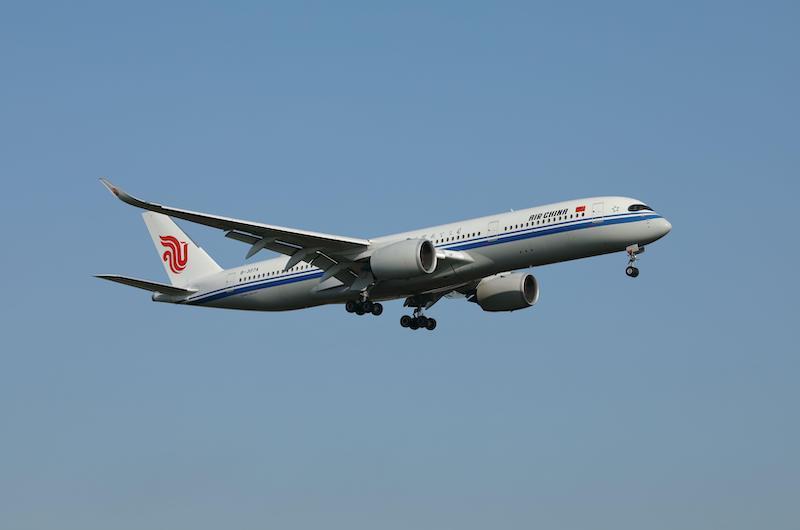
Air China makes first SAF commercial flight
Air China reportedly completed the country’s first uptake of SAF in a commercial flight on July 14 when an Airbus A350-900, flying from Hangzhou Xiaoshan International Airport to Beijing, took in fuel with a 10% SAF blend from local supplier Sinopec, the only SAF production facility in China.
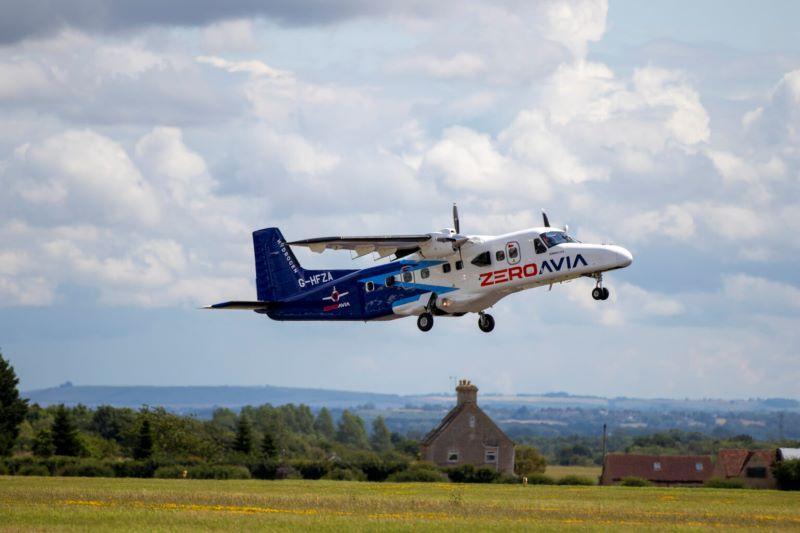
ZeroAvia’s 228 achieves first hydrogen-electric flight test
Zero-emission propulsion pioneer ZeroAvia completed the initial flight-test campaign with a Dornier 228 fitted with a prototype of its ZA600 hydrogen-electric powertrain. The company will now finalize the design for certification of the powertrain and its installation on the initial application, Cessna’s Caravan.
ZeroAvia completed 10 flights of the 228 testbed with the 600-kW ZA600 replacing the 19-seat regional aircraft’s lefthand Honeywell TPE331 turboprop. The demonstrator powertrain tested included a fuel cell system and battery pack in the fuselage powering an electric motor in the nacelle.

Emirates introduces meal preordering
Emirates is taking the first steps in an innovative initiative of meal preordering, whereby customers will be able to preselect their hot main meal between 14 days and 24 hours in advance of their flight, ensuring they get their preferred meal choice every time, as well as helping to reduce food waste.
The initiative is available in business class, on all flights between Dubai and London Heathrow, London Gatwick, and London Stansted. Meal preordering will be added to the existing suite of AI-enabled customer preference tracking data and cabin crew reports, which facilitate menu planning and optimal food loading to deliver the premium “restaurant in the sky” inflight dining experience.
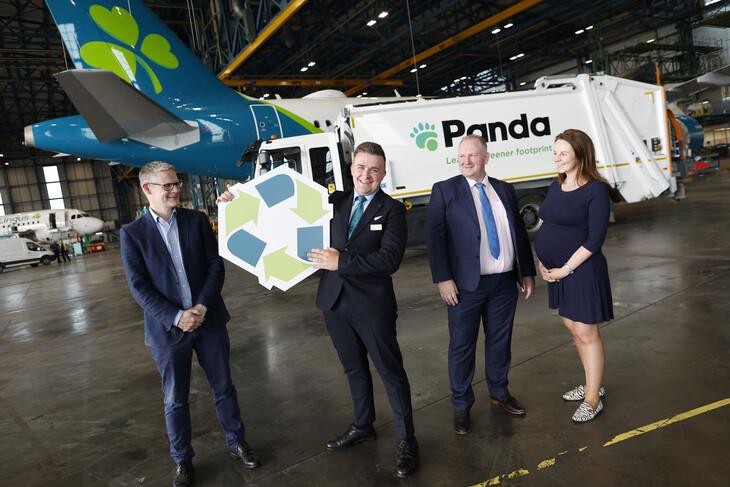
Aer Lingus introduces onboard recycling
Aer Lingus has become the first airline to segregate and recycle onboard waste arriving on short-haul flights into Ireland. The move is another step by the airline to reaching its ambitious sustainability targets. It is now on target to be recycling 20% - 200 tonnes - of on-board waste from flights into Cork and Dublin airports by the end of 2023. This figure will increase to 40% - 720 tonnes - by 2025.
Aer Lingus trialed waste recycling from flights into Cork at the end of 2022 and into Dublin at the start of 2023. In addition to rolling out recycling on short-haul flights into Cork and Dublin, the company will extend the program to other airports and to long-haul flights, over time.
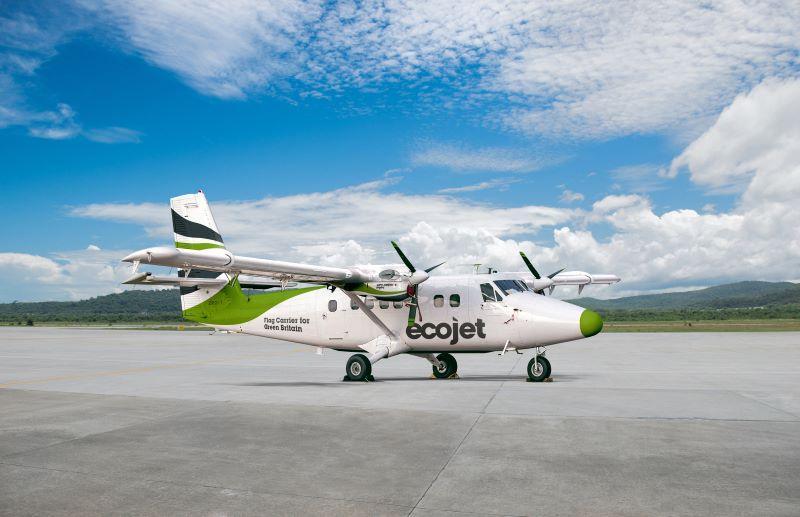
Edinburgh-based Ecojet to launch next year
Dale Vince, the founder of renewable energy firm Ecotricity, is planning to launch Edinburgh-based Ecojet in early 2024. The new electric airline will initially use kerosene-powered De Havilland Canada DHC-6 Twin Otters, which will be converted to hydrogen-electric powertrains a year after launch. The company expects [UK] CAA certification by the end of the year.
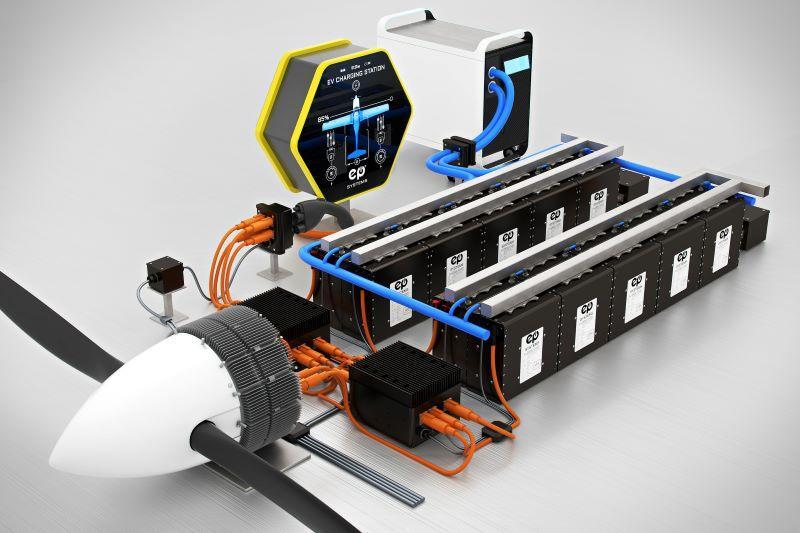
United invests in electric batteries
United Airlines Ventures has invested in battery developer Electric Power Systems (EPS) as it explores options to electrify its fleet of training aircraft as well as airport ground equipment, aircraft auxiliary power units and cold-chain cargo storage.
Utah-based EPS is supplying battery systems for a range of aircraft including the hybrid-electric Ampaire Eco Caravan and VoltAero Cassio 3, Aura Aero Integral E and Bye Aerospace eFlyer 2 trainers as well as SkyDrive and Supernal electric-vertical-takeoff-and-landing (eVTOL) air taxis.
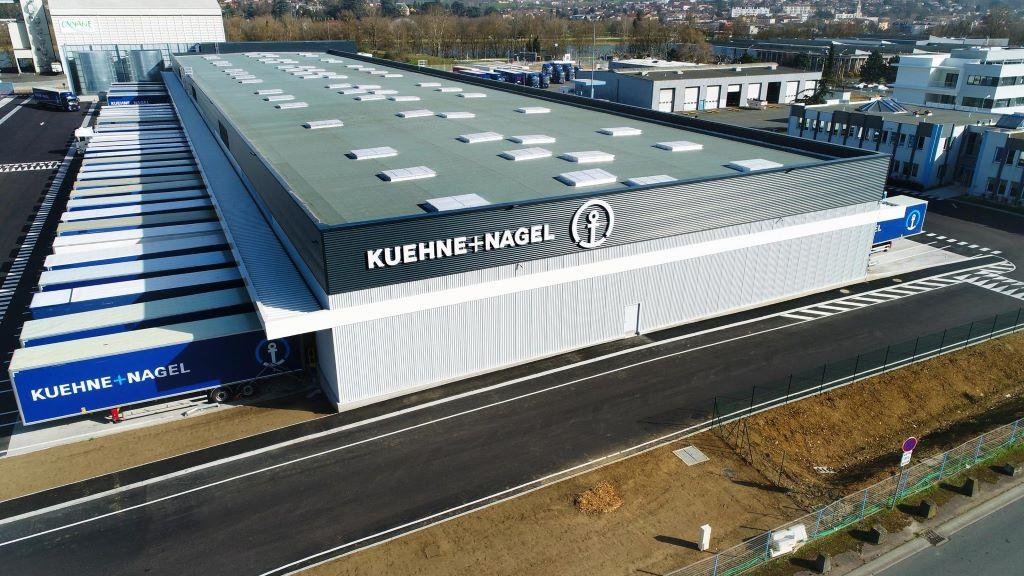
IAG Cargo, K+N renew SAF agreement
IAG Cargo, the cargo division of International Airlines Group (IAG), and logistics company Kuehne+Nagel (K+N) renewed their agreement where K+N will partially fund the acquisition of 1.6 million gallons of SAF this year for IAG Cargo’s use. They estimate that amount of SAF will reduce CO2 emissions by the cargo company by 16,500 tons.
Airline and airport sustainability initiatives are growing, thanks to more investments and industry partnerships.
